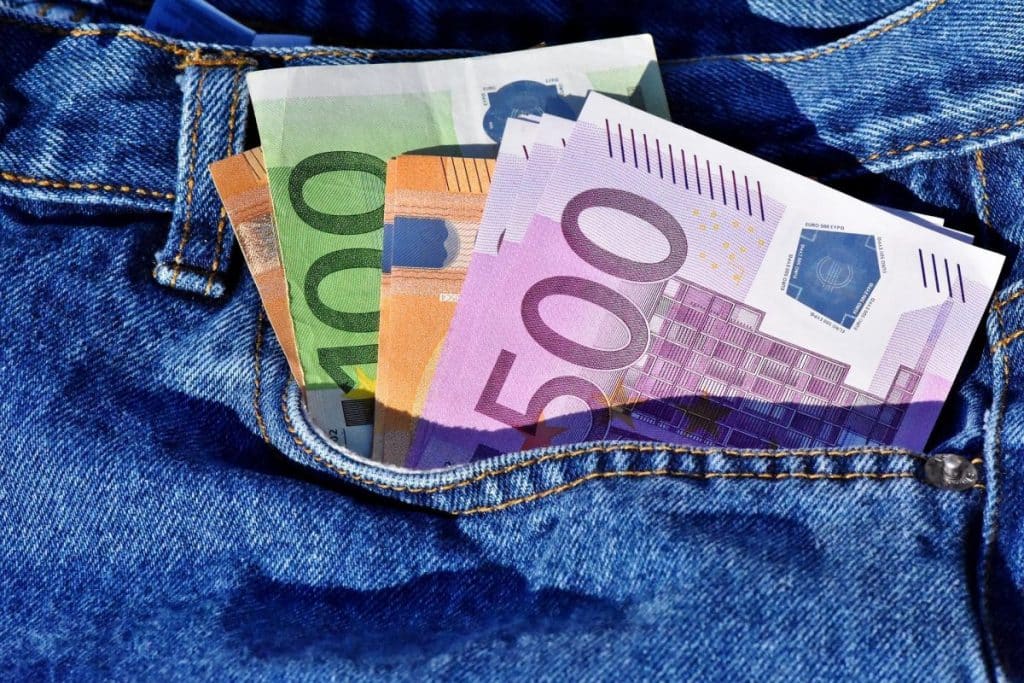The Croatian Banking Association (HUB) said on Wednesday that the increase in interest rates by the European Central Bank (ECB) will “at some point” be reflected in interest rates in Croatia, but that an increase in “not expected” in the short term, state agency Hina said.
“The European Central Bank has continued to raise key interest rates, which will eventually be reflected in interest rates in Croatia. We are not able to precisely forecast the intensity or timing of the increases in Croatia, but there are several factors that will ease the pressure on the current increase in interest rates in Croatia,” Hina cited an unnamed source from HUB as saying.
HUB explained that Croatia’s entry into the euro area will “reduce the state’s regulatory cost and risk premium, and will strengthen competition on the highly liquid banking market.” The unnamed source added that the European Union “will face an economic slowdown, which will ease the pressure on the demand for loans and, consequently, on the growth of interest rates.”
“These factors currently indicate that monetary and financial conditions will tighten more slowly in Croatia, and we do not expect a short-term and large increase in interest rates in Croatia,” HUB said. “However, there are risks,” and HUB noted that consumers have been aware of them for some time and are opting for loans that are more favorable in terms of protection from interest rate risk.
“Citing the latest data from the central bank, HUB said that a multi-year trend of a decrease in the share of loans with variable interest rates has been observed, which ultimately affects the greater resistance of households to interest rate risk,” Hina said .
Also, 62 percent of consumers have loans with a fixed or combined interest rate and 38 percent have a variable interest rate.
“The National Reference Rate (NRS), which reflects the cost of financing on the domestic market, is the most common reference parameter for tying interest rates on household loans (67 percent), while 18 percent of loans are linked to Euribor,” Hina quoted HUB as saying.
The ECB raised key interest rates by a record 0.75 percentage points last Thursday and hinted that it will increase them again, despite the threat of recession, since its focus is on curbing high inflation.
After increasing interest rates in July by half a percentage point, the ECB has now raised the interest rate on bank overnight deposits from zero to 0.75 percent. The interest rate for bank refinancing was raised from 0.5 percent to 1.25 percent, the highest level since 2011, and the interest rate for overnight bank loans from 0.75 percent to 1.5 percent.

